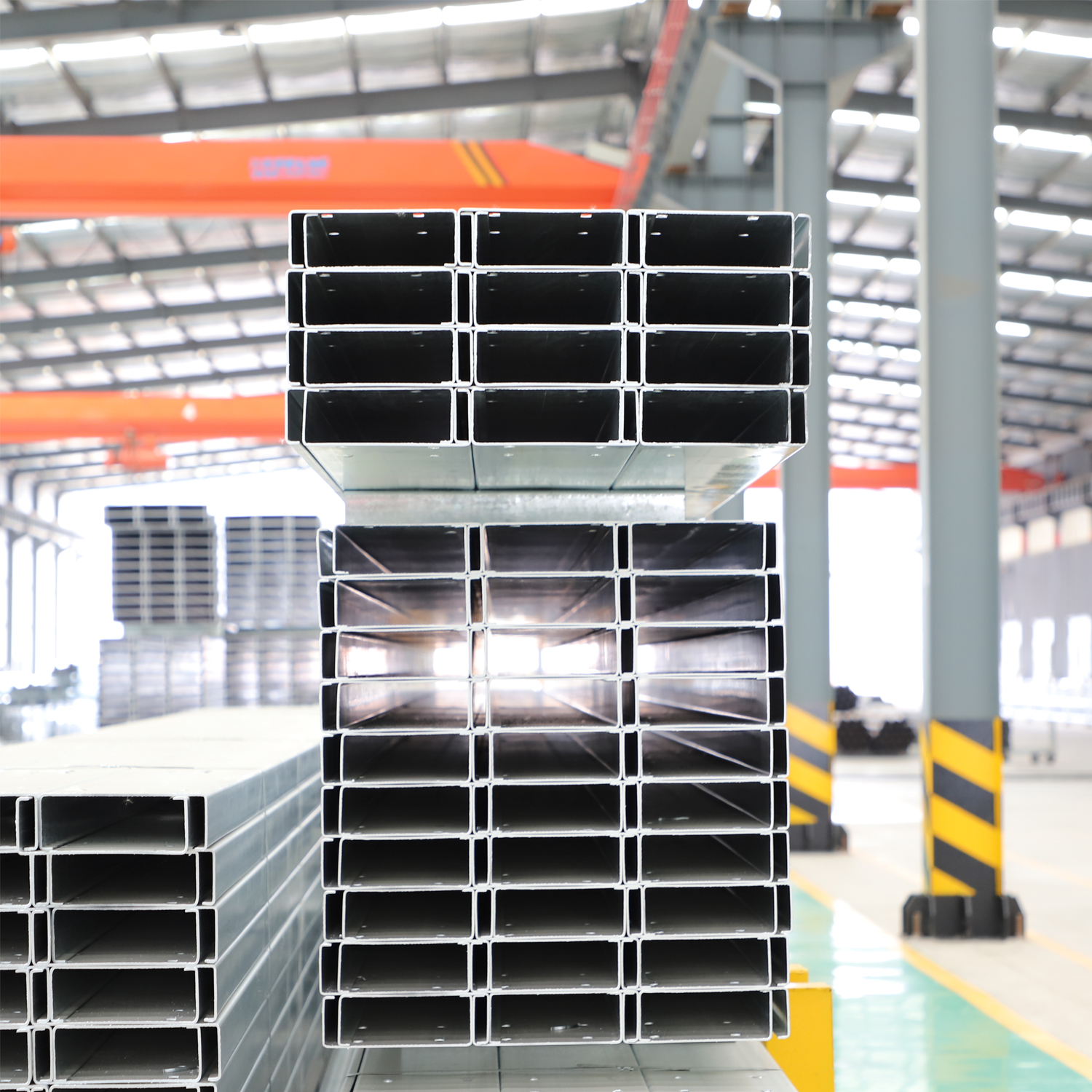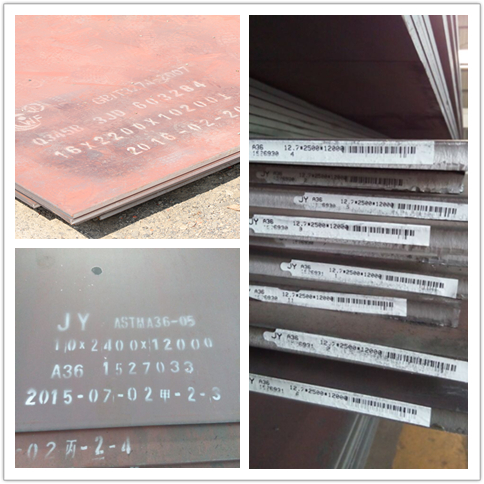
-

The importance and guidelines for choosing the right welded pipe
There are a number of things to consider when you need the appropriate welded pipeline. Choosing the right pipes by Ehongsteel will ensure your project runs on time and under budget. Fortunately for you, this guide will help to make your decision a little easier as we of...Read more -

Why are most steel pipes 6 meters per piece?
Why are most steel pipes 6 meters per piece, rather than 5 meters or 7 meters? On many steel procurement orders, we often see: “Standard length for steel pipes: 6 meters per piece.” For example, welded pipes, galvanized pipes, square and rectangular pipes, seamless stee...Read more -

Customized welded pipe service: Tailored to meet your every detail requirement
Special Shape Welded pipeehongsteelHave it your way. We know that getting pipes right is critical when they are needed Our workers are well versed in welding and have the ability to pay attention even to smallest of operations, so that you can be assured that each pipe i...Read more -

What is SS400 material? What is the corresponding domestic steel grade for SS400?
SS400 is a Japanese standard carbon structural steel plate conforming to JIS G3101. It corresponds to Q235B in the Chinese national standard, with a tensile strength of 400 MPa. Due to its moderate carbon content, it offers well-balanced comprehensive properties, achievi...Read more -

Why is the same steel called “A36” in the U.S. and “Q235” in China?
Accurate interpretation of steel grades is crucial for ensuring material compliance and project safety in structural steel design, procurement, and construction. While the steel grading systems of both countries share connections, they also exhibit distinct differences. ...Read more -

How to calculate the number of steel pipes in a hexagonal bundle?
When steel mills produce a batch of steel pipes, they bundle them into hexagonal shapes for easier transportation and counting. Each bundle has six pipes per side. How many pipes are in each bundle? Answer: 3n(n-1)+1, where n is the number of pipes on one side of the out...Read more -

What exactly is the difference between zinc-flower galvanizing and zinc-free galvanizing?
Zinc flowers represent a surface morphology characteristic of hot-dip pure zinc-coated coil. When steel strip passes through the zinc pot, its surface is coated with molten zinc. During the natural solidification of this zinc layer, nucleation and growth of zinc crystal...Read more -

How to distinguish hot-dip galvanizing from electrogalvanizing?
What are the mainstream hot-dip coatings? There are numerous types of hot-dip coatings for steel plates and strips. Classification rules across major standards—including American, Japanese, European, and Chinese national standards—are similar. We will analyze using the ...Read more -

What is the difference between C-channel steel and channel steel?
Visual differences (differences in cross-sectional shape): Channel steel is produced through hot rolling, directly manufactured as a finished product by steel mills. Its cross-section forms a “U” shape, featuring parallel flanges on both sides with a web extending vertic...Read more -

What’s the difference between medium and heavy plates and flat plates?
The connection between medium and heavy plates and Open slabs is that both are types of steel plates and can be used in various industrial production and manufacturing fields. So, what are the differences? Open slab: It is a flat plate obtained by uncoiling steel coils, ...Read more -

What is the difference between SECC and SGCC?
SECC refers to electrolytically galvanized steel sheet. The “CC” suffix in SECC, like the base material SPCC (cold rolled steel sheet) before electroplating, indicates it is a cold-rolled general-purpose material. It features excellent workability. Additionally, due to...Read more -

Differences Between SPCC and Q235
SPCC refers to commonly used cold-rolled carbon steel sheets and strips, equivalent to China's Q195-235A grade. SPCC features a smooth, aesthetically pleasing surface, low carbon content, excellent elongation properties, and good weldability. Q235 ordinary carbon ...Read more





